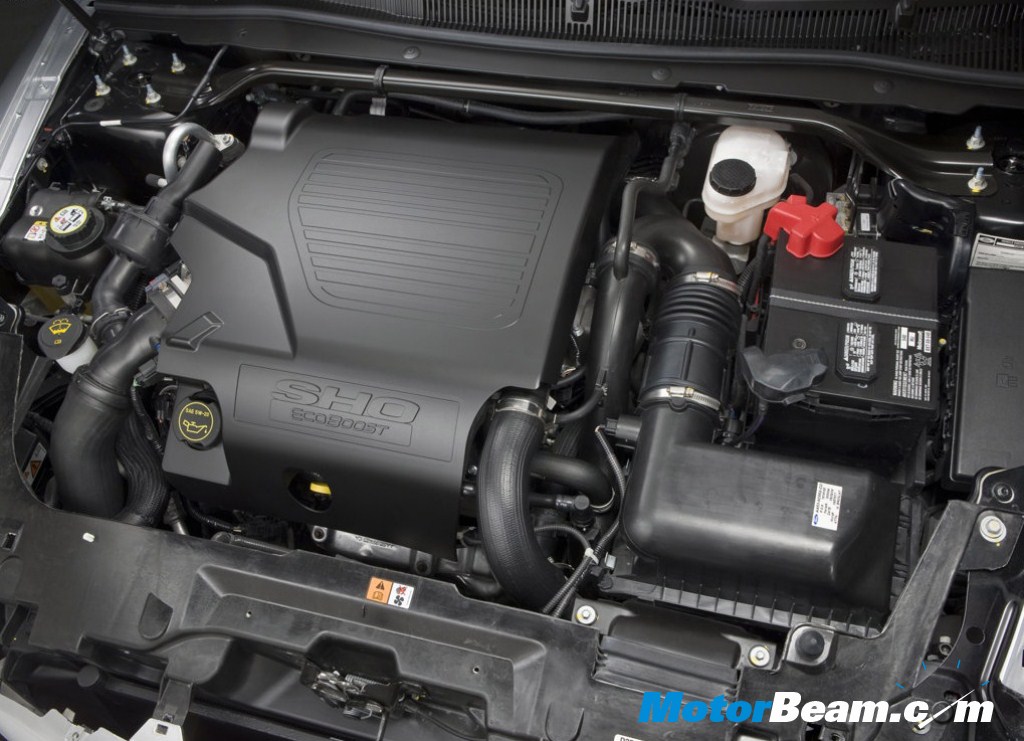A special report in the USA has revealed that, unlike claims from manufacturers, small displacement turbocharged engines do not necessarily deliver better fuel economy. The rules regarding fuel economy of all cars are getting stricter and car buyers are getting more and more aware. All manufacturers around the world are downsizing engines and using power boosting technology like turbochargers to increase power output and deliver better fuel economy.
But a report in the USA has stated that these claims by manufacturers that smaller turbocharged engines deliver better fuel economy are not to be believed blindly. They tested many cars and compared them to normally aspirated cars from competition. They tested the US version of the Ford Fusion which uses EcoBoost technology, a 1.6-litre turbocharged engine instead of the older 2.5-litre normally aspirated one. The test results showed that the EcoBoost powered Fusion, was slower than the naturally aspirated competitors and had the worst fuel economy as well.
The Fusion did the slowest 0 to 100 km/hr time of all the cars due to lack of acceleration and at the same time delivered an overall fuel economy of just 10 km/l. The Chevrolet Cruze too was tested which revealed similar results with slower acceleration and worse fuel economy. But at the same time, the BMW turbocharged engines proved to deliver good acceleration as well as better fuel economy. So it is very important that car buyers research the actual performance and fuel economy of any car before buying it blindly following manufacturer claims.





